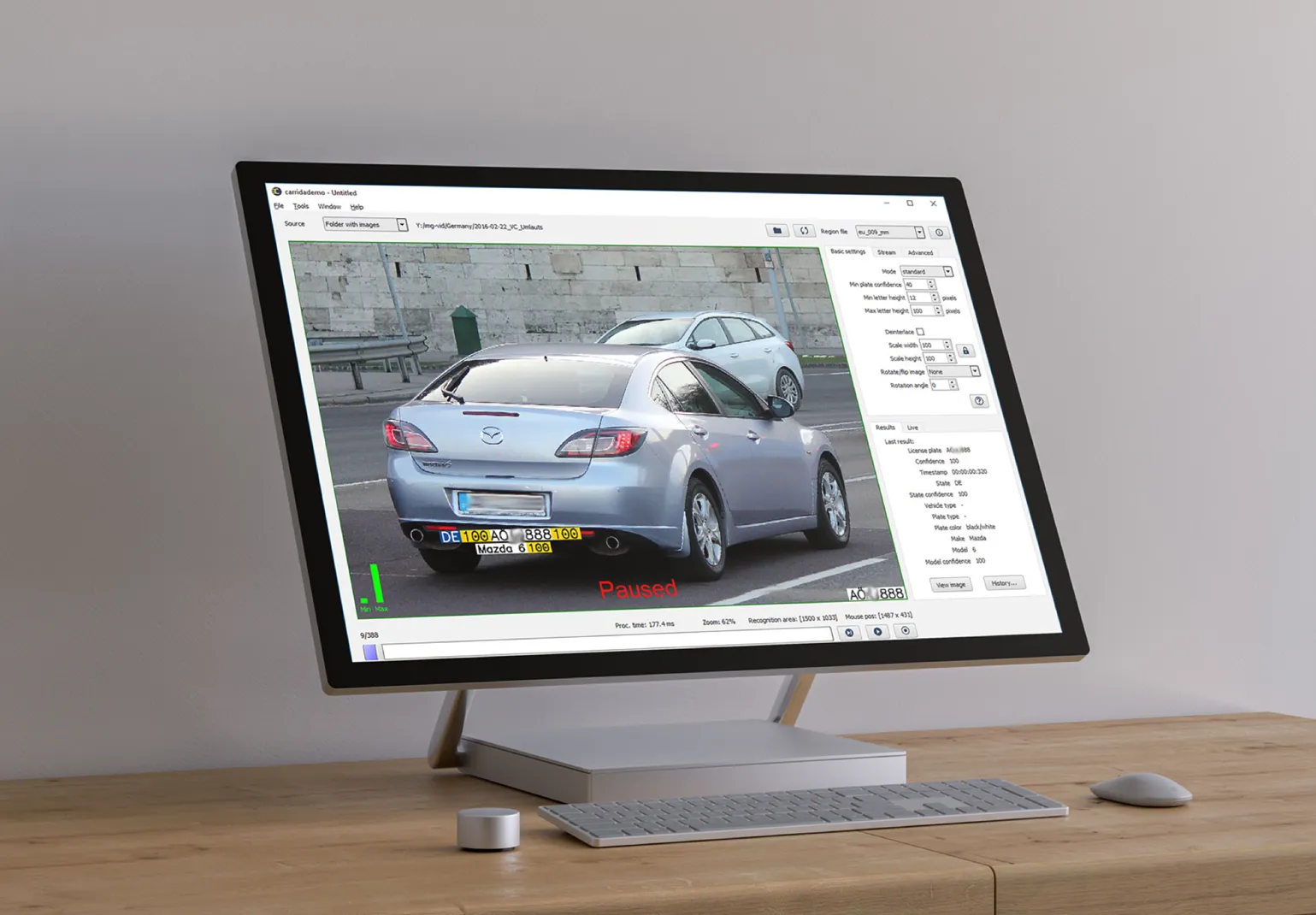Stephane Clauss, senior business development manager Europe at
“Depending on the dev team and application, a standard polarised-camera application would typically take between 6 to 24 months,” he continues.
Using the SDK, and its image processing library, this can be cut to 6-12 weeks, Clauss says.
Created to run on its XCG-CP510 polarised module, the XPL-SDKW comes with a set of functions which have been developed to run on a standard PC.
A ‘Cosine fit’ function allows developers to define a virtual polariser angle for the whole image while the ‘Average’ function creates a non-polarised image from raw data to simultaneously export what a standard machine camera would see for comparison, the company adds.
According to Sony, pre-processing functions calculate various polarisation specific information like the ‘degree of polarisation’ and the ‘surface normal vector’.
Sony unveils SDK for polarised camera modules
Sony Europe’s Image Sensing Solutions has launched a software development kit (SDK) for polarised camera modules which it says cuts machine vision application design time and costs.
Stephane Clauss, senior business development manager Europe at Sony, says the company has worked with customers to identify key functions for the XPL-SDKW and develop optimised algorithms.
“Depending on the dev team and application, a standard polarised-camera application would typically take between 6 to 24 months,” he
May 15, 2019
Read time: 2 mins










